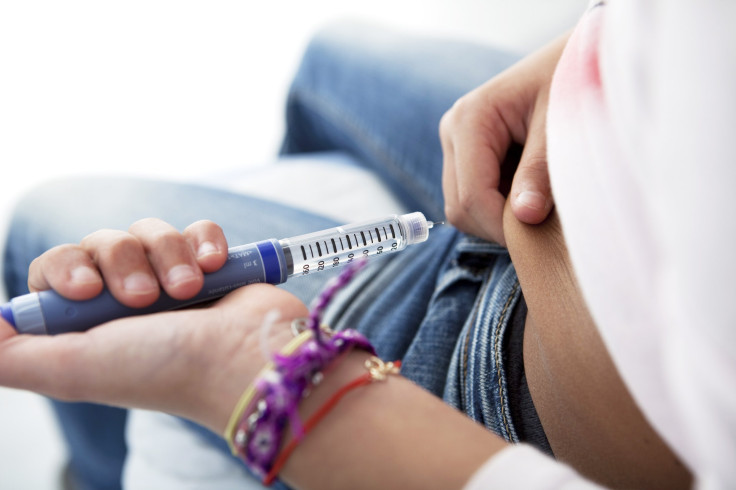Type 1 Diabetes Risk Triples Among People Who Exprience Childhood Stress

Stressed out situations can put a damper on a kid's childhood, but it turns out it could also lead to the development type 1 diabetes, also known as juvenile diabetes. Swedish researchers from Linkoping University looked into whether there was a link between environmental factors during childhood and type 1 diabetes.
The study, published in Diabetologia, the journal of European Association for the Study of Diabetes, is the first to narrow down the conflicts of children who were already diagnosed. Family conflicts, unemployment problems, changes within their family structure, or interventions from social services were such impactful childhood events that they had the power to increase these kids' risk of type 1 diabetes.
More than 10,000 families with children between the ages of 2 and 14 were analyzed for any stress markers, and compared to the 58 type 1 diabetes diagnoses in the pool of child participants. The research team found if the life event or psychological stress occurs within the first 14 years of a child’s life, their risk of developing childhood diabetes increases three times.
“The current study examined serious life events experienced at any time before diagnosis,” the study’s authors wrote, “further studies are thus needed to determine when in the autoimmune process psychological stress may contribute, and in association with which other factors, such as genetic factors, infections, or other periods of pronounced beta cell stress.”
Type 1 diabetes is caused by unknown factors, but just before it develops, the immune system attacks insulin-producing cells in the pancreas, according to the Mayo Clinic. Researchers believe stressful events in a childhood’s life could contribute to cell stress by increasing levels of the stress hormone cortisol. This happens as the pancreas produces more insulin in response to cortisol, eventually leading to insulin resistance.
“The causes of type 1 diabetes are highly complex and involve an autoimmune attack brought on by a combination of inherited genes and environmental triggers, such as early diet or viral infection, which are still not fully understood,” Richard Elliott, a research communicator at Diabetes UK, told The Guardian.
Only five percent of people diagnosed with diabetes have type 1 diabetes, and it’s usually diagnosed in children and young adults, according to the American Diabetes Association. Researchers hope statistics will change with a higher understanding of the abnormal immune system response. In the meantime, parents can watch out for symptoms of stress in their children. Kids and teens may have a difficult time recognizing and verbalizing their own stress, which can manifest in different types of behavior, according to the American Psychological Association. The Association notes children may say they have stomach aches, headaches, or just feel sick in general when a stressor affects their young lives.
“This research adds to our understanding of the potential role of psychological stress during childhood as one of these triggers,” Elliott said. “It is important to note that, while instances of stress might coincide with or even contribute to a diabetes diagnosis, it is highly unlikely that such events would be the only cause, and having a history of type 1 diabetes in your family is still a much more important risk factor.”
Source: Elliott R. Diabetologia. 2015.



























